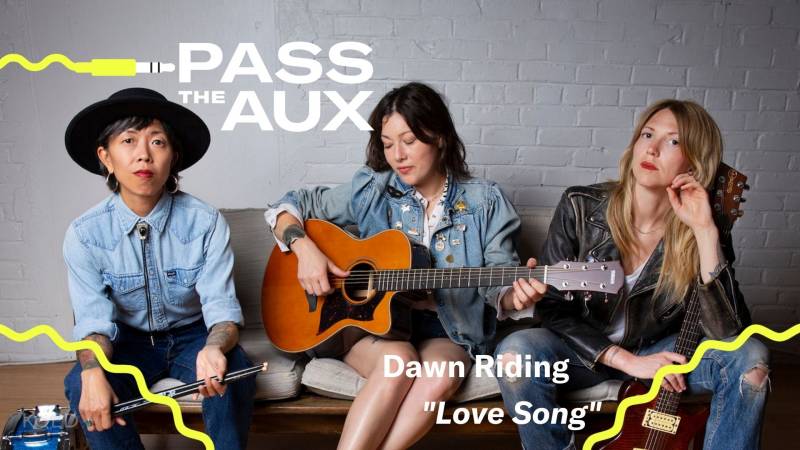Welcome to Pass the Aux, where every week we feature new music by Bay Area artists. Check out past entries and submit a song for future coverage here.
“I’ve seen so many kinds of love,” Sarah Rose Janko croons in “Love Song,” the slow-tempo single from Dawn Riding’s sophomore album, The Light, released by Oakland label The Long Road Society on June 25. She counts the ways love manifests, by turns rough and sweet, scary and commonplace. Love can be flowers or Christmas dinner, but it can also mean lying to a judge and running through the streets. In its most corrupted, abusive extreme, she notes, it can take the form of verbal and physical threats. “Love Song” culminates in a direct entreaty to Janko’s listener. “Scientists and analysts, they don’t know your heart,” she sings. “Don’t ask them what it is, tell me what you want.”


